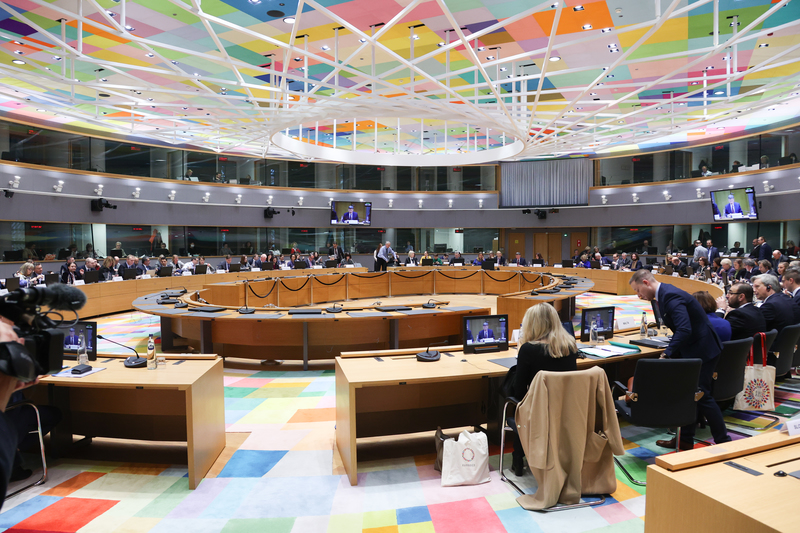At the Competitiveness Council on 1 December, ministers agreed on a framework of measures to strengthen the European semiconductor ecosystem. The main objective of the proposal is to increase Europe's chipmaking capacity. The Council also reached a general approach on two other dossiers, a proposal for a directive on corporate sustainability due diligence and a proposal for a regulation on geographical indications protection for craft and industrial products. On the latter, Hungary appreciated the fact that the new protection system will enhance the reputation and value of our local producers' products, not only in the EU but also beyond.
The Council also adopted conclusions on the European Agenda for Tourism 2030, which includes various measures to promote the sustainability and the digitalisation of the sector.

On the second day of the Council, Hungary was represented by Minister János Csák in the research format. During the meeting, ministers endorsed Council conclusions on research infrastructures and the New European Innovation Agenda and adopted a Council recommendation on guiding principles for knowledge valorisation. In addition, a policy debate was held on "Science as an instrument to facilitate policy making in the Member States". In this context, minister Csák indicated that a new intergovernmental body would be set up in Hungary to ensure the practical use of research results in specific priority areas and their integration into policy-making.
In the space policy format, ministers discussed how to make better use of the satellite data produced by the European flagship programmes Copernicus and Galileo and looked forward to the Commission's strategy on this subject, which will be developed next year.

